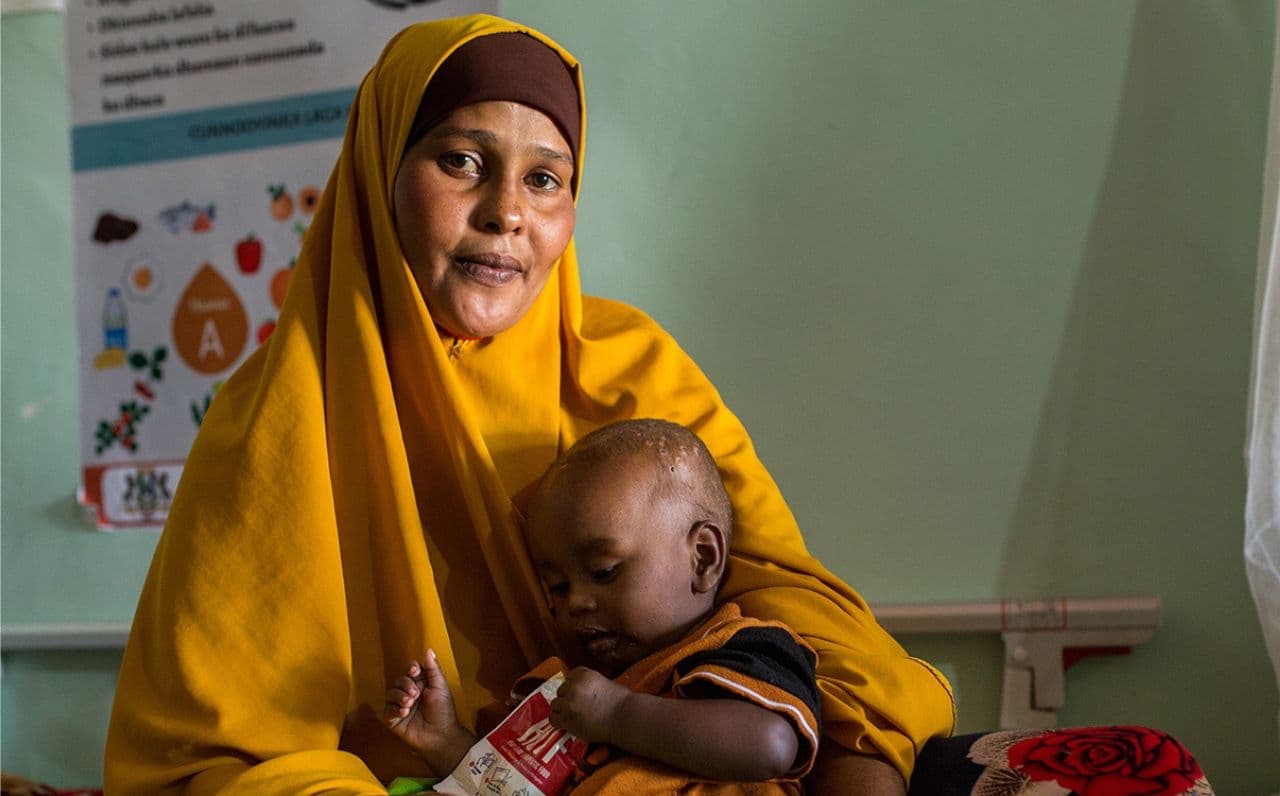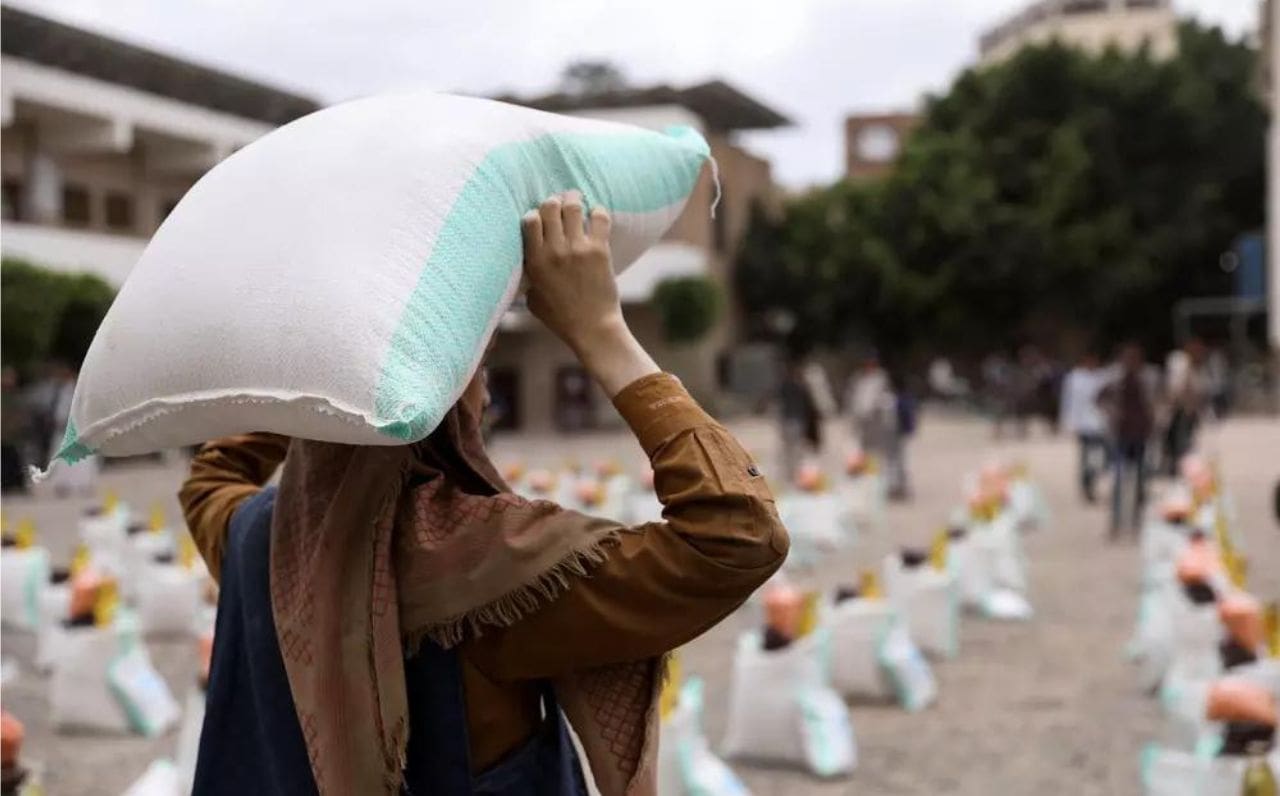Crisis in crisis
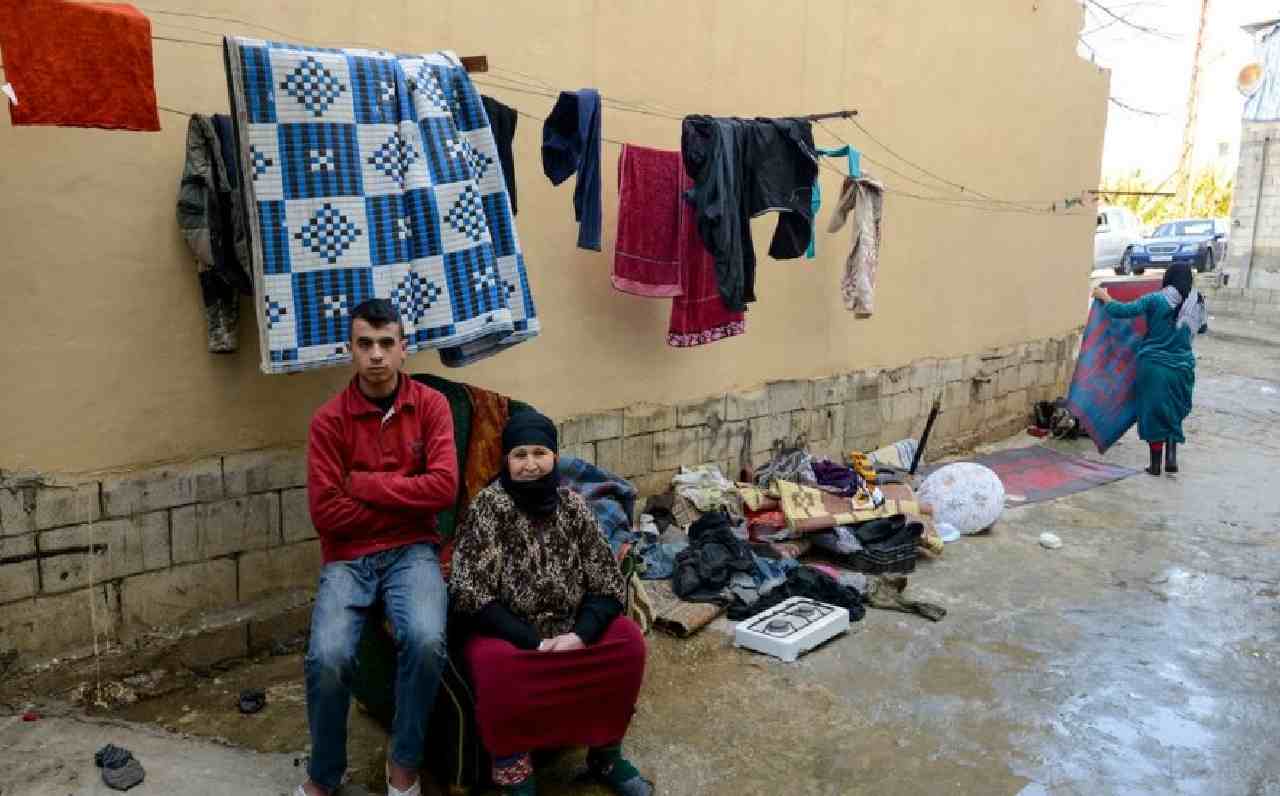
Syrian refugees in Lebanon.
Three events have hit the economy since 2019. The epidemic has damaged tourism, which accounts for 18% of Lebanon's economy. Then, in 2020, a bomb exploded on an abandoned ship in the port of Beirut, destroying three large towns that could not be repaired.
The situation in Lebanon has affected the entire population of the country, including Lebanese, refugees and immigrants, with the most vulnerable communities affected the most.
According to the United Nations High Commissioner for Refugees (UNHCR), there are 865,530 Syrian refugees registered in Lebanon, and the total number of Syrians in Lebanon is estimated at 1.5 million. About 90% of 4,444 Syrian refugee households live in extreme poverty. This is an increase from 55% at the beginning of 2019. According to a UN report, these households are living on $36 a month, less than half of Lebanon's minimum wage, and that number is virtually falling.
This means deprivation of basic human needs, including food, safe drinking water, sanitation, health, housing and education. In fact, since Lebanon stopped allowing UNHCR to register Syrians in 2015, more than 80% of Syrian refugees have not been granted legal residence permits.
The pandemic has exposed the health vulnerabilities of refugees. The death rate for Syrian refugees is more than four times the national average.
It is difficult to pinpoint the number, but as of April 5, approximately 1,159 Syrians had been vaccinated (6,701 were eligible to be vaccinated, but a total of 17,891 were enrolled). There are serious problems with registration and access to information as refugees fear arrest and deportation.
Small numbers of Lebanese and Syrians have already reached Cyprus. In order to avoid crises such as those in the Aegean and Mediterranean Seas in 2015-2016, the international community, in particular the European Union (EU), must act in accordance with the scale of the crisis.
In 2021, the majority of refugees continued to use negative coping strategies to survive, such as begging, borrowing money, not sending their children to school, cutting medical bills or not paying rent. Surveys show that by 2021, more family members will have lower-paid jobs, higher-risk jobs, or extra shifts to earn the same income as one household in 2020.
These coping strategies negatively impact future resilience and income, making refugee families more vulnerable to food insecurity and more dependent on humanitarian aid. Finding safe and decent asylum remains a challenge, with nearly 60% of Syrian refugee families living in dangerous, low-level or overcrowded shelters. The study shows average rent increases and increased risk of evictions in all types of housing and in all states.
Returning home is impossible, and settling in another country remains a vain dream. Refugees in Lebanon will continue to need our solidarity and depend on aid and donations in an unpredictable future.
Source and Credit: Unhcr, Brookings.edu, Arab News
Middle east

2022 Jan 13
Africa

2024 May 10
International, Americas

2024 Apr 16
Increasing Arrests and Faceless Victims Revealed in Latest Findings.
Middle east

2024 Feb 23
Escalating Hostilities Prompt International Concern
Africa

2024 Feb 20
SimilarNews
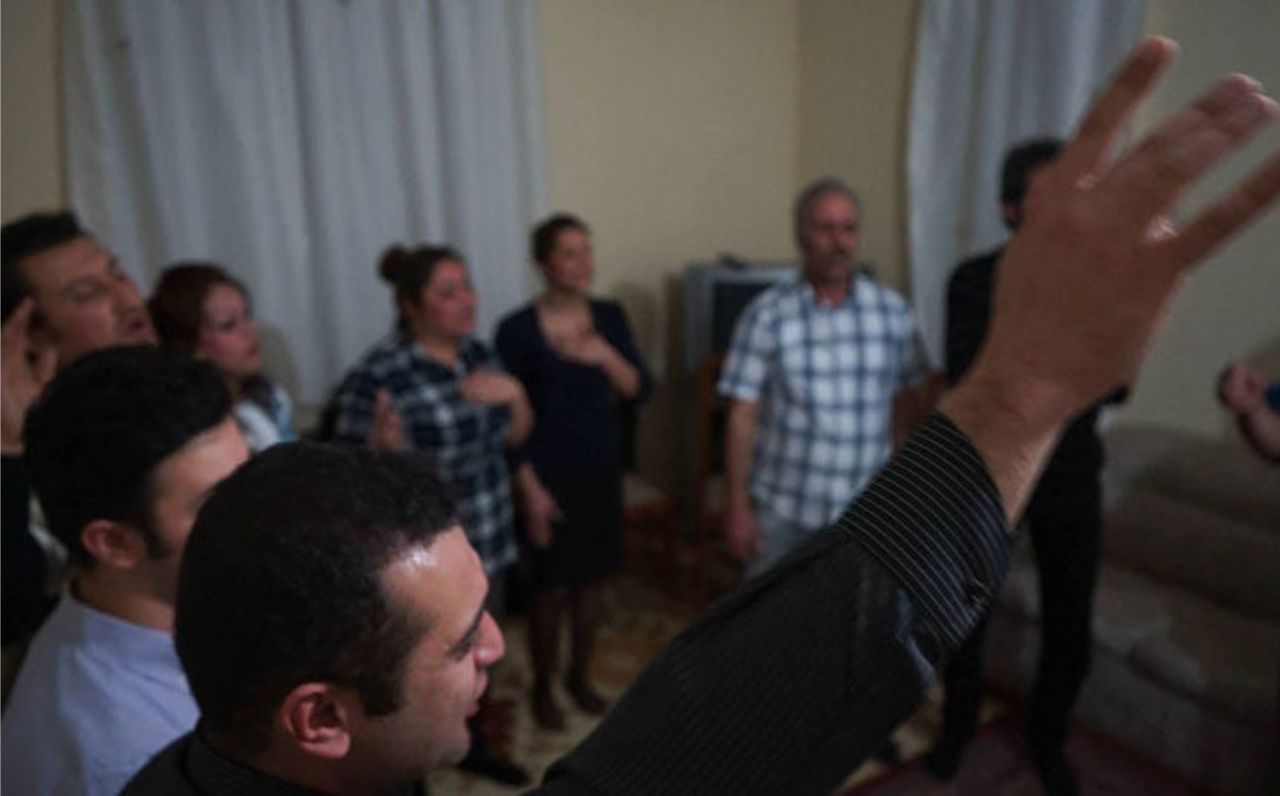 Report Highlights Rights Violations Against Christians in Iran
Report Highlights Rights Violations Against Christians in Iran Increasing Arrests and Faceless Victims Revealed in Latest Findings.
Middle east

2024 Feb 23
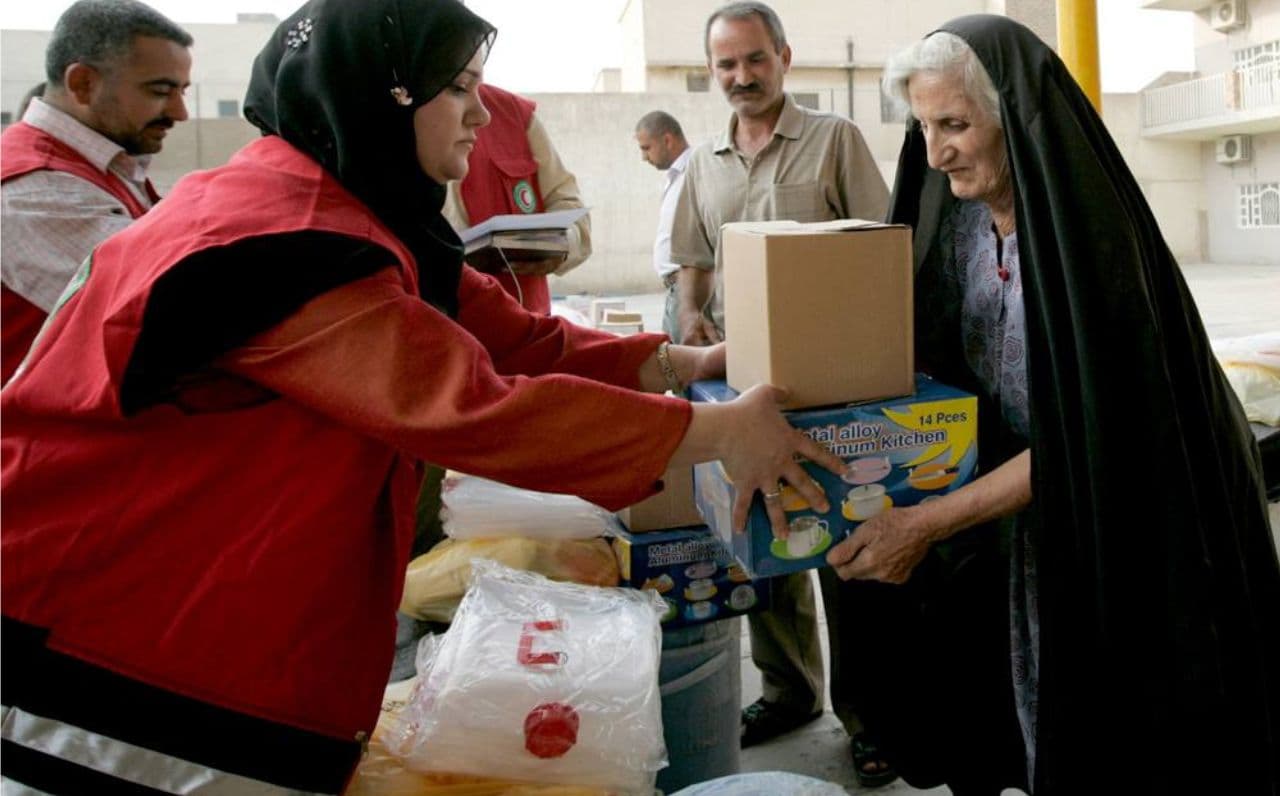 Coalition Strengthens Aid Efforts for Displaced Christians in Iraq
Coalition Strengthens Aid Efforts for Displaced Christians in Iraq Uniting to Provide Crucial Assistance Amid Ongoing Challenges.
Middle east

2024 Feb 19
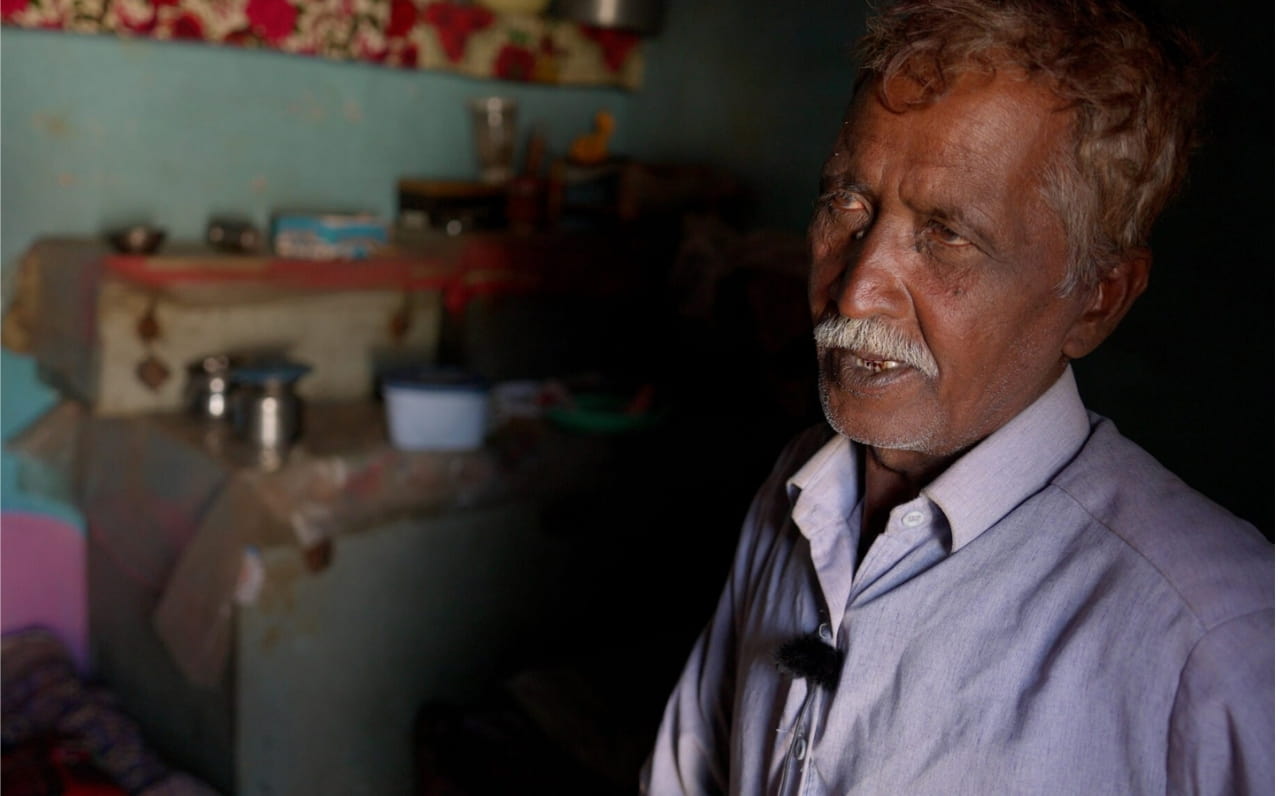 The Chains of Forced Labor and Persecution
The Chains of Forced Labor and Persecution Slavery Grips Pakistan's Christian Minority.
Middle east

2024 Jan 27
Concerns about the detrimental impact on civilians and IDPs.
Middle east

2024 Jan 26
Increasing deportation of Afghan immigrants from Iran and Pakistan.
Middle east

2023 Dec 02
